SUMMARY
The idea of a universal basic income (UBI)—periodic and unconditional cash payments to all citizens—has gained renewed attention amid growing concerns about technological unemployment in advanced economies. More recently, economists have made the case for a UBI in the developing world, where cash transfers distributed to all citizens, rich and poor, may cut through layers of red tape and lead to outsize gains in poverty reduction.

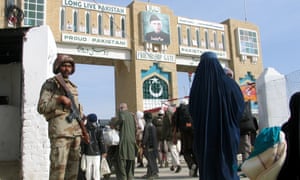
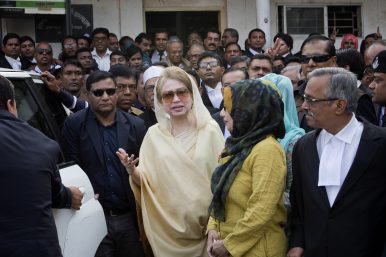
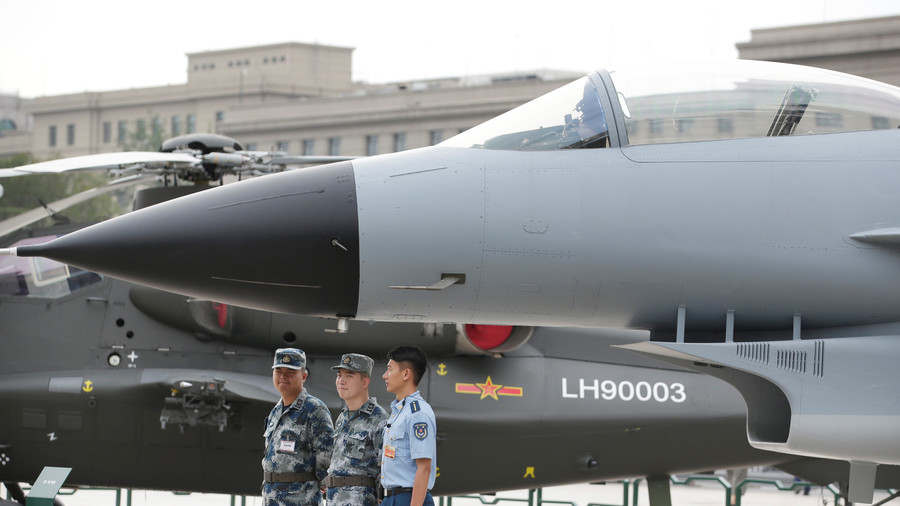

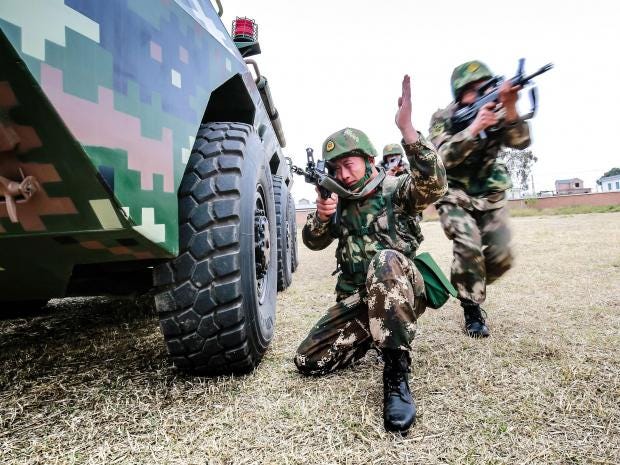

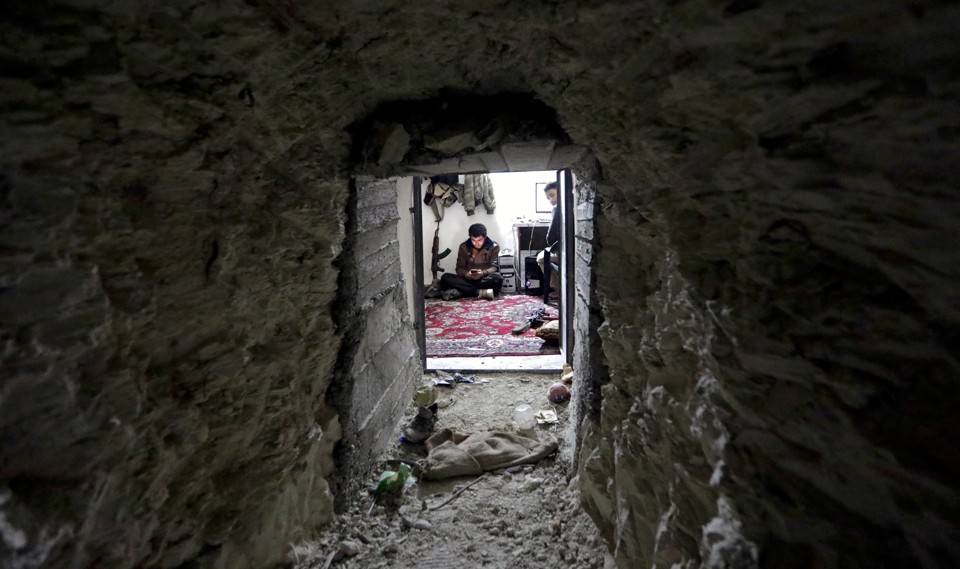
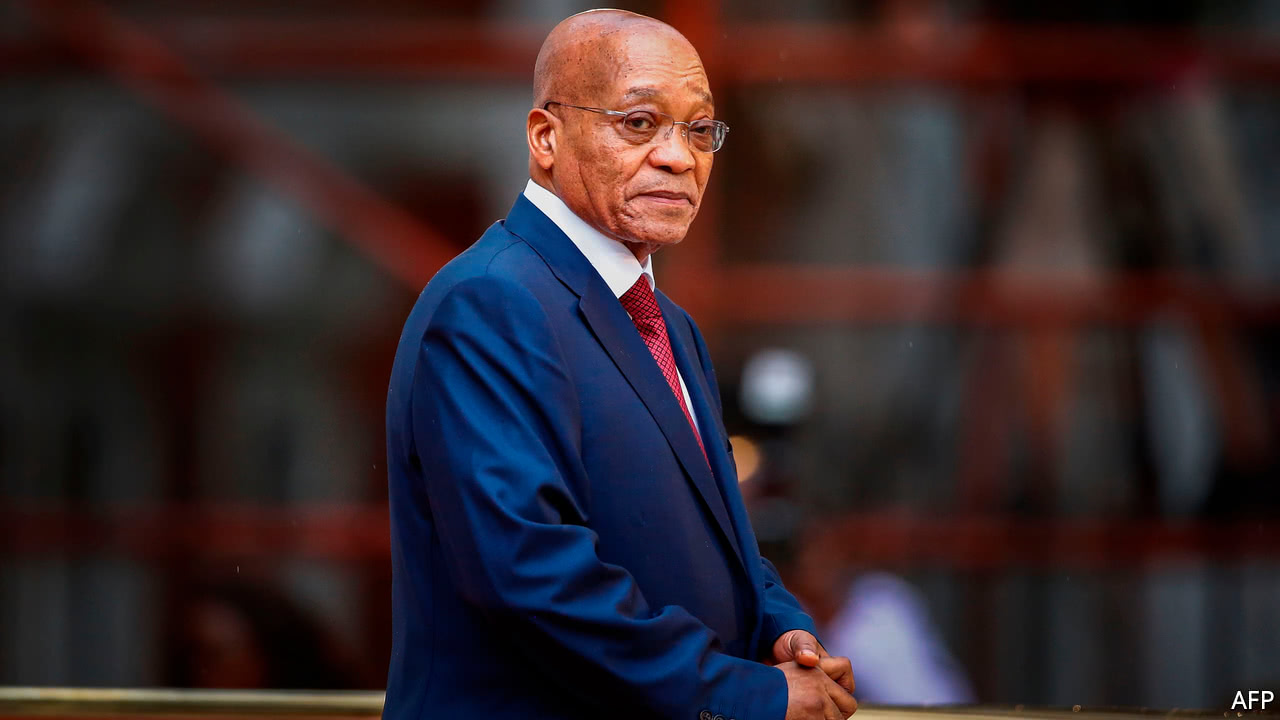



/arc-anglerfish-arc2-prod-mco.s3.amazonaws.com/public/O4APH5ZY65CAXFTLXMQBVHX3EQ.jpg)
/arc-anglerfish-arc2-prod-mco.s3.amazonaws.com/public/N3DL6JEOKFG6RF74ETF4XUSD6A.jpg)
